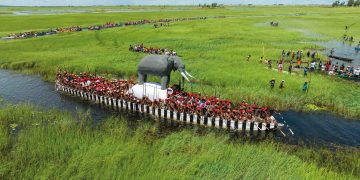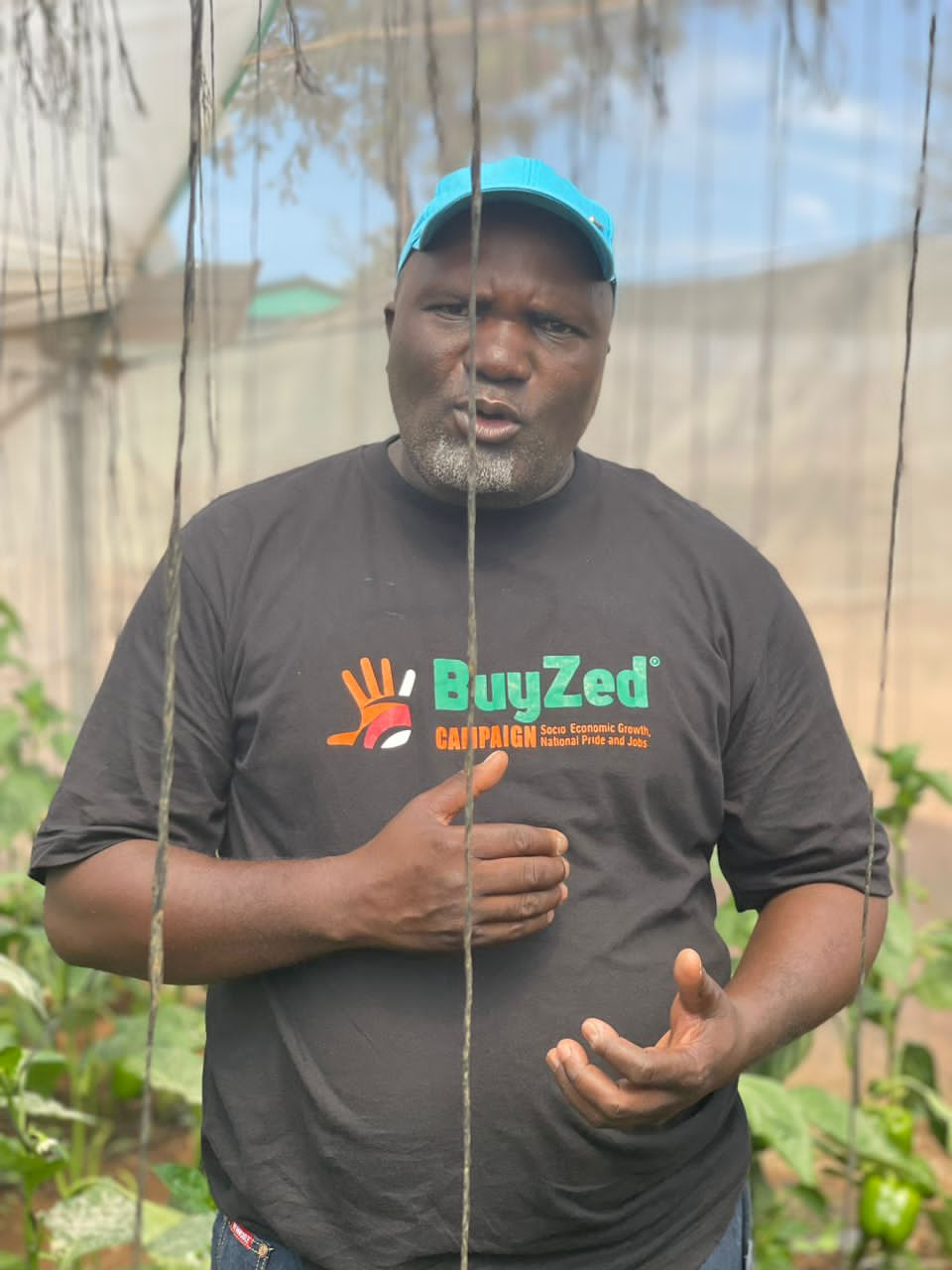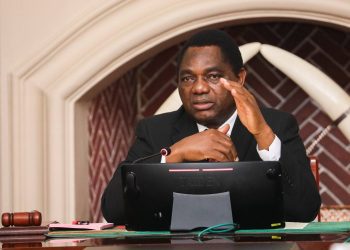By Kelvin Kamayoyo
African rivers are a vital resource for the people, wildlife, and nature of the continent. An Economist and scholar KAMAYOYO Kelvin, who serves as Chief Technical Advisor for BuyZed, has emphasized the importance of harnessing the commercial value of these rivers. Despite their significance, African countries have historically focused on mining and minerals as a development agenda, rather than the infinite and renewable resource of rivers. Kamayoyo suggests that it is time for a shift in mindset, recognizing that water is life and valuable for viable commercial activities. By keeping rivers healthy and prioritizing the sustainable use of African rivers, the continent can benefit both economically and environmentally.
African rivers are not only essential for the survival of people and wildlife, but also have the potential to drive economic growth and sustainable development. While the mining sector may seem like an obvious choice for economic development, Kamayoyo argues that prioritizing the harnessing of water and river basins could have wider value-chains and positive multiplier effects. These rivers can support various sectors such as tourism, fisheries, agriculture, hydropower energy, carbon trading, construction, marine transport, and trade facilitation. By utilizing the potential of African rivers, the continent can accelerate its value chains developmental agenda and promote impactful inclusive economic growth for all.
African rivers are not only essential for the survival of wildlife and nature, but they also play a crucial role in the economic growth and sustainable development of the continent. According to Kamayoyo, prioritizing the preservation and commercialization of African rivers can lead to inclusive development, economic prosperity and poverty reduction. Africa is blessed with numerous majestic rivers, with the top ten longest rivers being the Nile, Congo, Niger, Zambezi, Orange, Senegal, Limpopo, Okavango, Volta and Ogo’ue, spanning thousands of kilometers across and around the continent.
African rivers play a vital role in sustaining the lives of people, wildlife, and nature. The Nile River, the longest in Africa, stretches 6,600 km and flows through Ethiopia, Sudan, Egypt, Rwanda, Tanzania, Burundi, Kenya, South Sudan, and the Democratic Republic of Congo. The Congo River, at 4,700 km, flows through the Democratic Republic of Congo, Congo Brazzaville, Zambia, Angola, Cameroon, Rwanda, and Tanzania. Other significant rivers include the Niger River (4,100 km) flowing through Nigeria, Benin, Niger, Mali, Guinea, and Sierra Leone, and the Zambezi River (2,500 km) flowing through Zambia, Angola, Zimbabwe, Mozambique, Namibia, Botswana, and the Democratic Republic of Congo. The Orange River (2,100 km) flows through Lesotho, South Africa, and Namibia, while the Senegal River (1,800 km) flows through Guinea, Mali, Mauritania, and Senegal. The Limpopo River (1,700 km) flows through Botswana, Zimbabwe, Mozambique, and South Africa, and the Okavango River (1,600 km) flows through Angola, Namibia, and Botswana. Finally, the Volta River (1,300 km) flows through Burkina Faso, Ghana, and Côte d’Ivoire, and the Ogoué River (1,200 km) flows exclusively within Gabon.
African rivers are facing numerous threats, including the impacts of climate change and the pursuit of economic growth by some countries. Despite these challenges, rivers remain essential to the survival of humans, wildlife, and nature. It is clear that life on the continent depends on the health of these rivers, and it is the responsibility of everyone to protect them for the benefit of current and future generations. Whether in Africa or elsewhere, the value of these lifeline rivers extends to all members of our communities.
African rivers are not only essential for the survival of people and wildlife, but they also hold cultural and spiritual significance. According to Kamayoyo, these rivers provide clean drinking water, commercial opportunities, and environmental benefits that impact every African. Rivers have the power to connect us to our past, present, and future, and they play a vital role in making life meaningful. Therefore, it is crucial for all communities in Africa to have access to clean water and healthy rivers. It is the responsibility of all stakeholders to protect and restore damaged rivers, conserve clean water, and ensure the stability of ecosystems for the benefit of people and nature.
Disclaimer: The views and opinions expressed in this article are those of the authors and do not necessarily reflect the official policy of Melo Media Zambia.
© 2023 copyright all reserved Melo Media Zambia | Email: info@melomediazambia.com | www.melomediazambia.com | WhatsApp Only: +260969535044





































